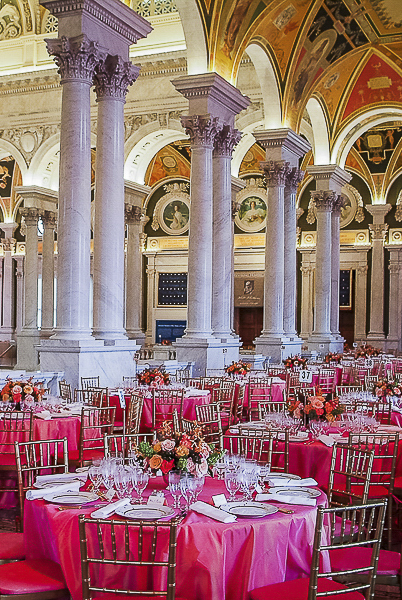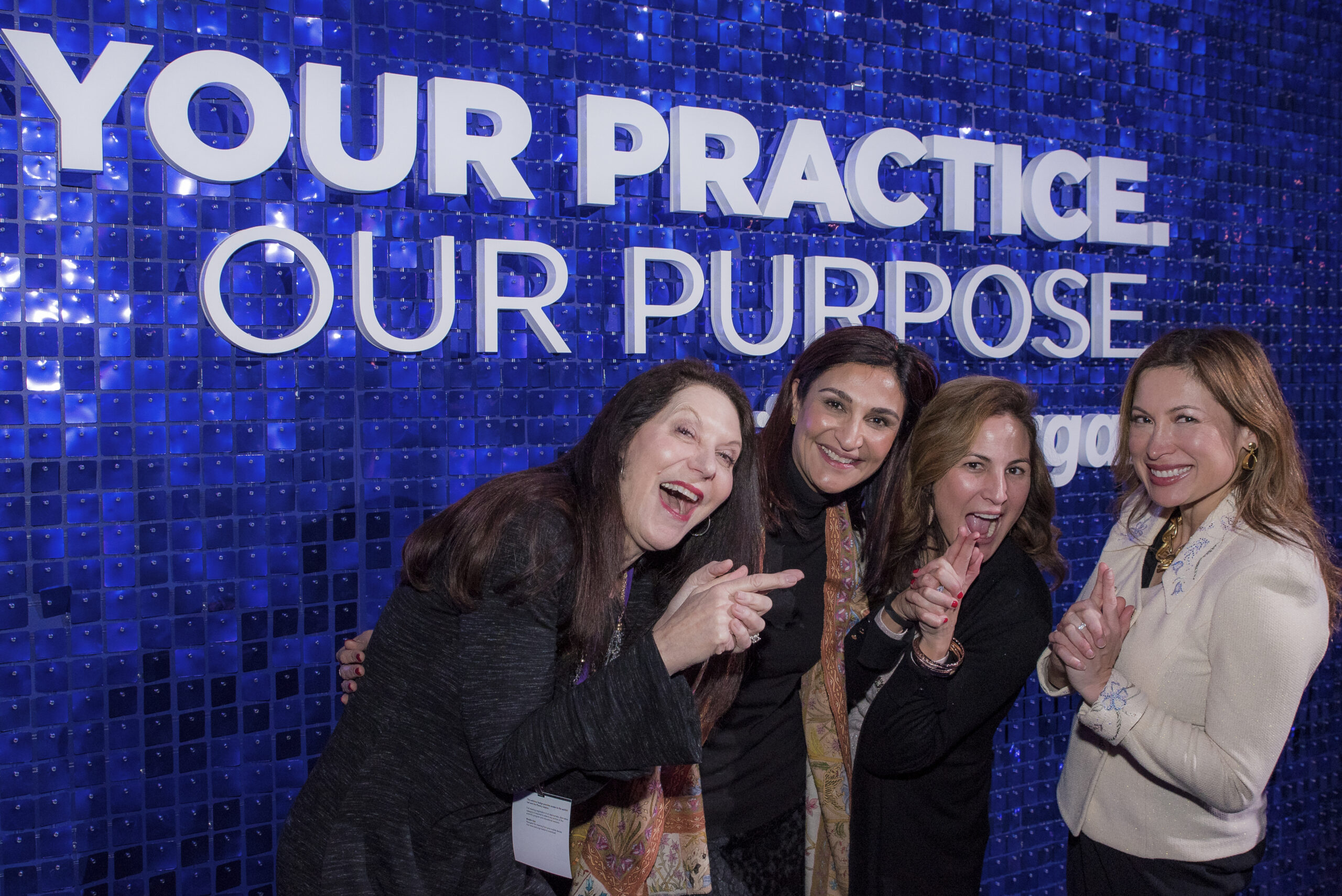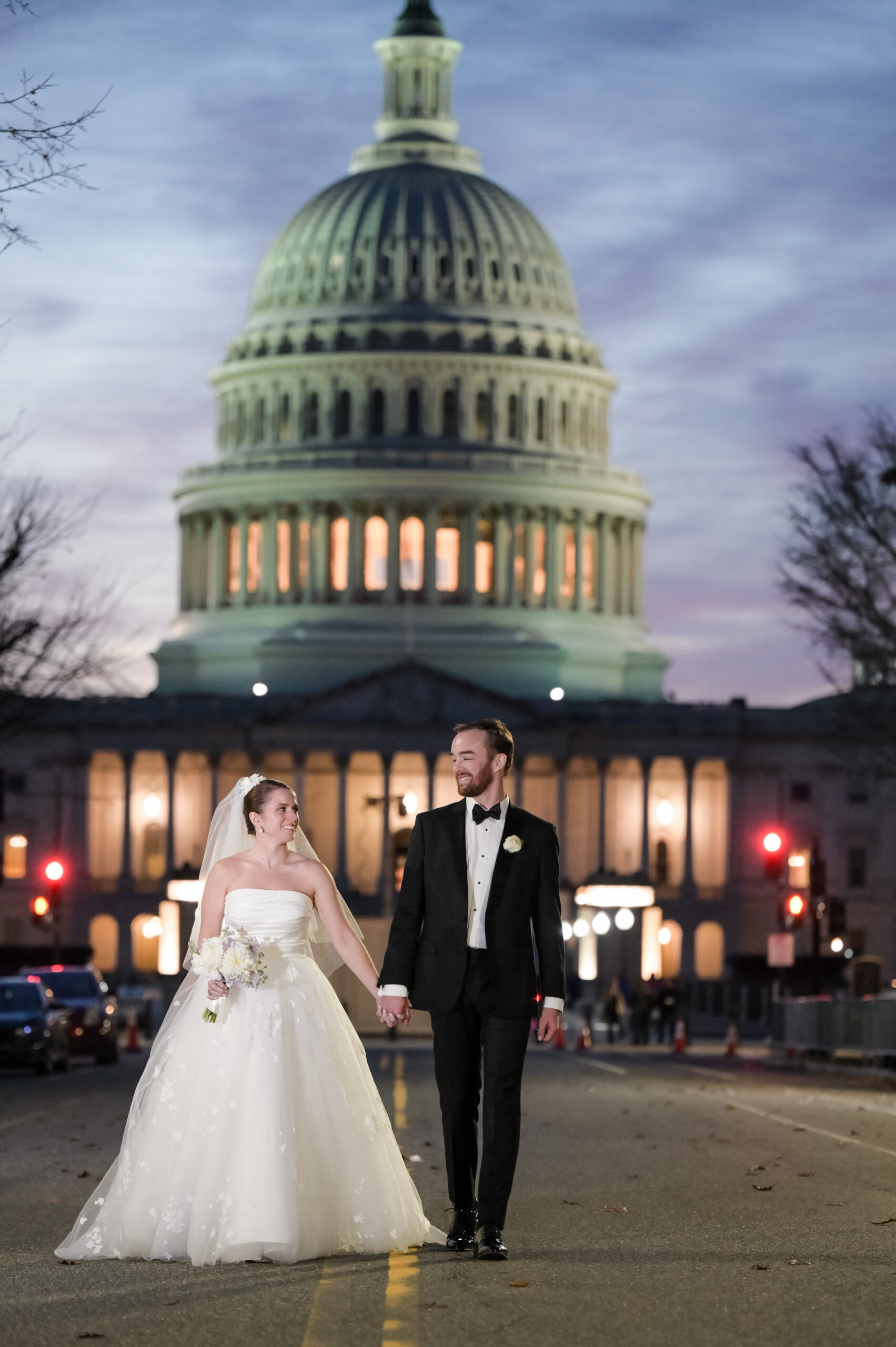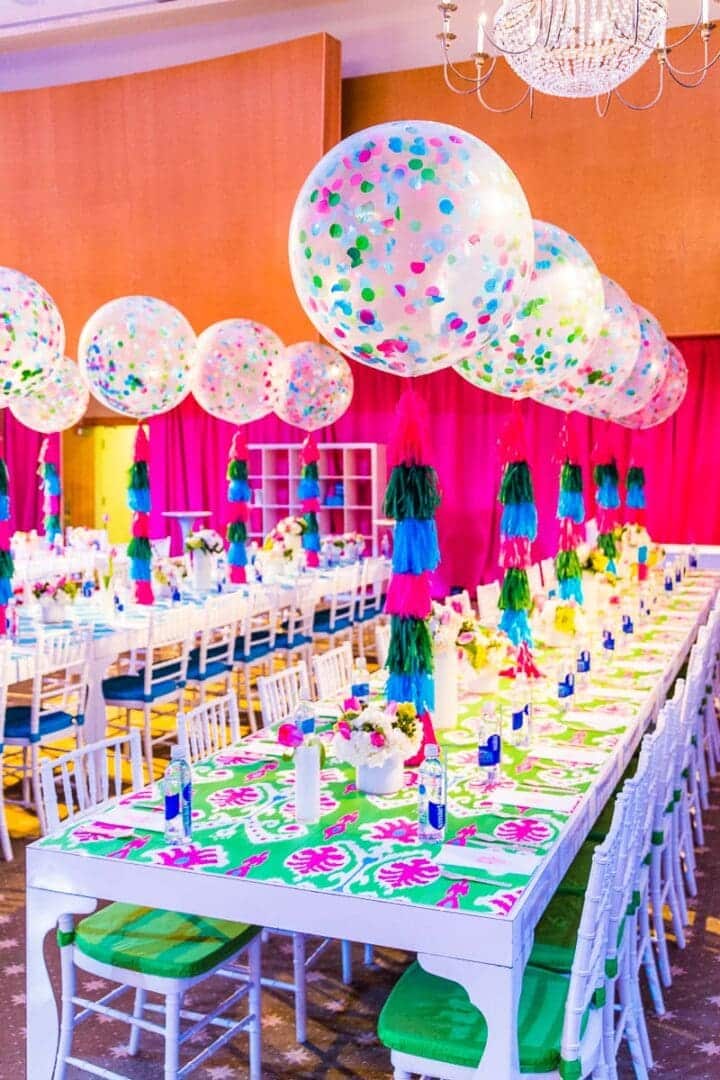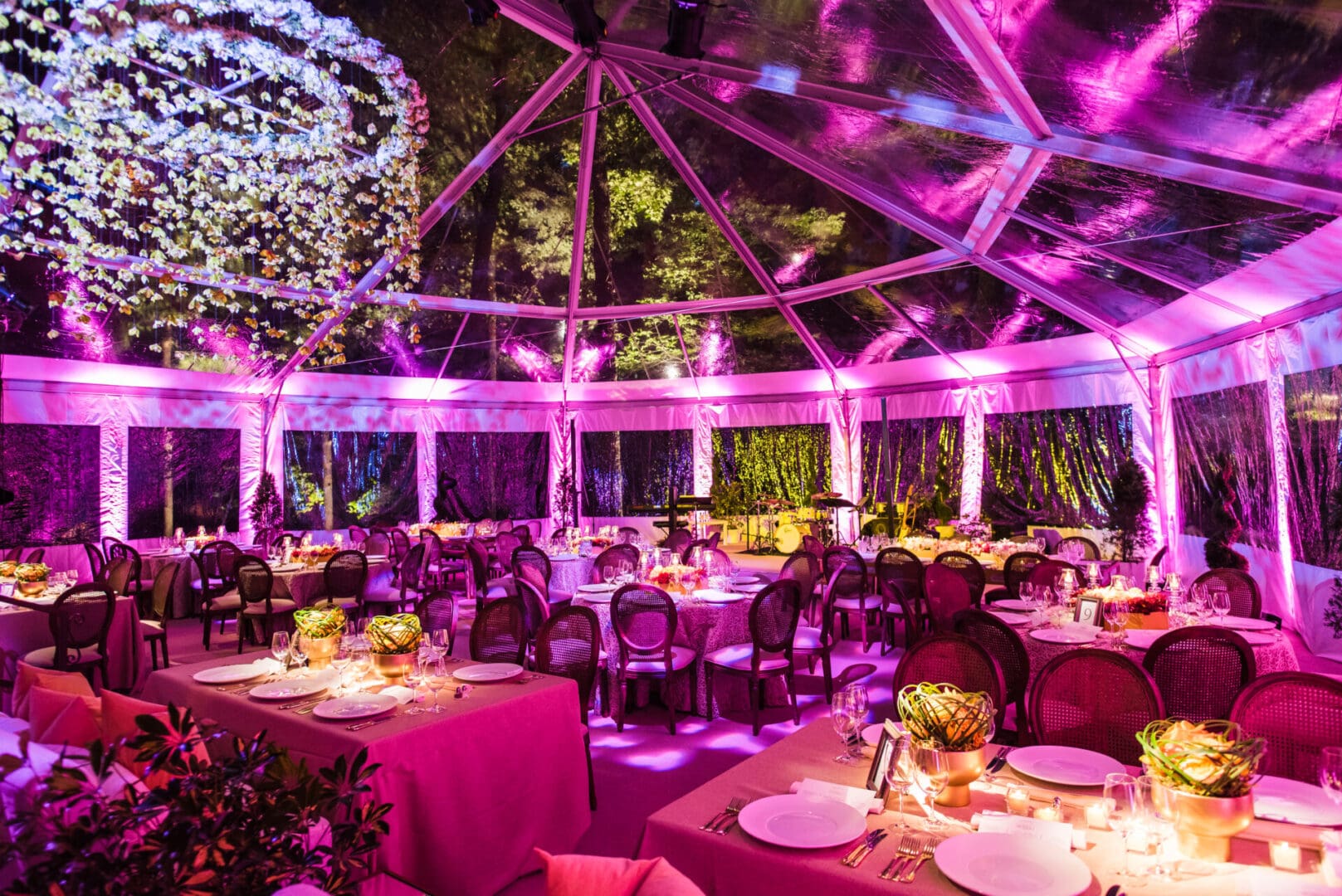
Key Qualifications to Consider When Hiring a Professional DC Event Photographer
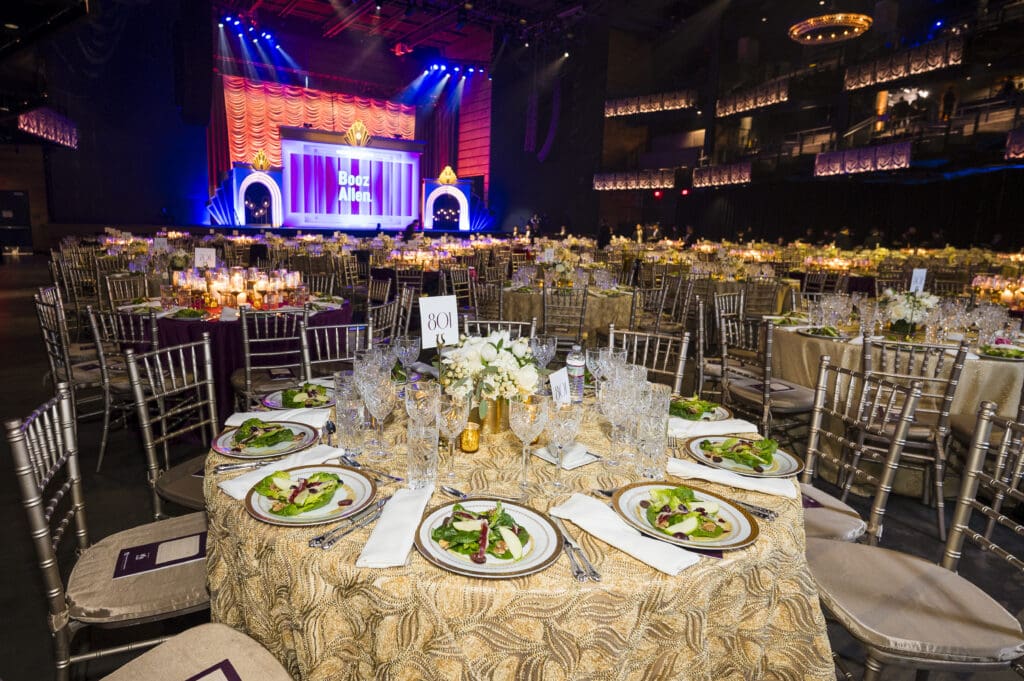
When planning a major event—be it a wedding, corporate function, or nonprofit fundraiser—the quality of photography can leave a lasting impression. A professional DC event photographer, event photographer maryland, is not just someone who takes pictures; they are a storyteller, an artist, and a skilled professional who captures essential moments flawlessly. This guide outlines the core qualifications that DC event photography experts should possess, covering experience, equipment, artistic style, pricing, reviews, communication, legal compliance, and post-production. By understanding these key factors, you can confidently select a photographer who meets your event’s unique needs.
In the competitive regions of Washington DC, Northern Virginia, and Maryland, the demands of event photography are high. This article emphasizes not only technical skills and equipment but also the artistry, professionalism, and reliability required to capture your vision. Let’s examine these factors in depth to ensure your next event is documented by a true professional.
What Experience and Expertise Should a DC Event Photographer Have?
A DC event photographer should have extensive experience capturing high-stakes events. Ideally, they have at least a decade in large-scale events, which sharpens both technical expertise and interpersonal skills. Experience enables the photographer to anticipate key moments and work efficiently under pressure in environments where timelines are critical.
How Many Years of Event Photography Experience Are Ideal?
Professionals with 8–10+ years of experience are well-equipped to handle diverse events, from intimate corporate gatherings to major political functions. Their long-term exposure ensures they can manage unpredictable weather, varying lighting, and diverse subject matters while consistently delivering high-quality, artistically compelling shots.
Which Types of Events Should a Professional DC Photographer Cover?
A seasoned photographer should have worked on a variety of events, including formal corporate functions, product launches, award ceremonies, and high-profile political gatherings. Experience with social events such as weddings, galas, and nonprofit fundraisers is equally crucial, as these require a blend of candid photojournalism and structured photography that captures both grandeur and intimate moments.
How to Evaluate a Photographer’s Portfolio for DC Events?
Review portfolios for consistency in shot composition, diverse use of lighting, and a clear narrative that reflects each event’s atmosphere. Look for a mix of candid moments and carefully structured poses. Before-and-after editing examples can also demonstrate the photographer’s post-production skills and ability to enhance images without compromising authenticity.
What Professional-Grade Equipment and Technology Are Essential?
High-quality event photography hinges on having the right equipment. A top-tier DC event photographer invests in state-of-the-art gear and keeps their technology updated to industry standards. Essential equipment includes high-resolution digital cameras with full-frame sensors and versatile lenses that handle diverse shooting conditions—from wide-angle group shots to macro detail captures.
Which Cameras and Lenses Are Best for Event Photography?
Most professionals use full-frame DSLR or mirrorless cameras from renowned brands like Canon, Nikon, and Sony. A fast 24-70mm lens works well for general coverage, while a 70-200mm telephoto lens is excellent for capturing candid moments from a distance. A prime lens with wide apertures is ideal for low-light situations, ensuring every moment is documented with clarity.
How Does Lighting Equipment Impact Event Photography Quality?
Lighting is crucial for visual impact. Photographers use a combination of natural light and portable strobes or external flash systems to properly illuminate scenes, especially in dim indoor settings. Accessories like reflectors and diffusers help balance shadows and create desired moods, ensuring accurate color and texture capture.
Why Is Backup Equipment Important for DC Event Photographers?
To avoid disruptions due to technical glitches, experienced photographers carry backup cameras, extra lenses, additional batteries, and secure data storage devices. This readiness ensures continuous coverage even during unexpected equipment failures or challenging lighting scenarios, thereby building clients’ trust and guaranteeing that every important moment is captured.
What Editing Software and Post-Production Tools Should Be Used?
Post-production is just as integral as capturing the shot. Professionals use software like Adobe Lightroom and Photoshop to finely adjust color balance, exposure, and sharpness. Workflow management tools such as Capture One help streamline the editing process, ensuring a coherent visual narrative throughout the event’s images while maintaining artistic integrity.
How to Identify the Right Photography Style and Approach for Your Event?
Choosing a photographer whose artistic style aligns with your event is essential. DC event photography can range from traditional, posed images to spontaneous, documentary-style shots. The right photographer will adapt their style to your event’s tone and scale while capturing both planned and candid moments.
What Are the Common Event Photography Styles in DC?
Common styles include unobtrusive documentary photography that captures emotions naturally, creative artistic approaches that emphasize unique compositions, and traditional posed photography to ensure formal moments are recorded. Many photographers successfully blend these styles to provide a comprehensive visual story that reflects the event’s ambiance.
How to Match a Photographer’s Style to Your Event’s Vision?
Review portfolios and discuss your vision during consultations. Ask for examples of similar events and assess whether the photographer consistently captures the desired mood and lighting. An ideal choice is someone who demonstrates both technical precision and creative storytelling in their work.
How to Review and Compare Photographer’s Style Samples?
When comparing portfolios, look for consistency across different events and the photographer’s ability to balance candid and structured shots. Consider client testimonials and before-and-after examples. These show not only technical capability but also the photographer’s skill in enhancing images during post-production.
What Pricing Models and Packages Should You Expect From DC Event Photographers?
Pricing for event photography varies according to experience, equipment quality, and event complexity. DC event photographers often offer tiered packages that include pre-event consultations, on-site coverage, post-event editing, and the final delivery of digital images or prints.
How Are Event Photography Pricing Models Structured?
Pricing models typically include hourly rates, flat packages for full-day coverage, or customizable packages. Some photographers offer tiered options with added benefits like a second shooter, albums, or expedited editing. Detailed and transparent pricing helps clients understand exactly what is included.
What Is Typically Included in Photography Packages?
Standard packages usually offer a set number of shooting hours and a digital gallery of processed images. Higher-tier options may provide additional services such as multiple photographers, drone shots, physical prints, and custom-designed albums. It is important to confirm timelines for deliverables and clarify any extra charges.
What Contract Terms Should You Look for in Pricing Agreements?
Contracts should clearly outline services, payment details, cancellation policies, and delivery schedules. They should also address backup procedures, image rights, and usage restrictions. A detailed written agreement minimizes misunderstandings and ensures both parties have clear expectations.
How to Assess Reviews, References, and Client Testimonials for DC Photographers?
Reviews and testimonials provide insight into a photographer’s reliability and work ethic. They help gauge how well the photographer meets client expectations even under challenging conditions—a crucial element in the competitive DC market.
Where Can You Find Reliable Online Reviews for DC Event Photographers?
Trusted sources include wedding forums, professional directories, Yelp, and Google Reviews. Social media platforms and industry-specific Facebook groups can also offer current client feedback. Look for consistent praise in areas like punctuality, editing quality, and client interaction.
How to Request and Evaluate Photographer References?
Ask for references from clients with similar event types. Inquire about the photographer’s professionalism, punctuality, and ability to manage challenges effectively. Direct feedback from past clients provides a practical perspective on how the photographer might handle your event.
Why Is Checking Portfolios Important Alongside Reviews?
While testimonials offer social proof, portfolios provide visual evidence of quality and style. Comparing portfolio samples with reviews offers a full picture of the photographer’s technical precision, artistic flair, and adaptability to various event settings.
What Communication and Professionalism Qualities Are Crucial in a DC Event Photographer?
Effective communication and professionalism set a great photographer apart. Beyond technical skill, the ability to understand and work with a client’s vision is key. DC event photographers should be prompt, clear, and respectful in all interactions, ensuring a smooth planning and execution process.
How Responsive Should a Professional Photographer Be?
A professional should respond to queries within 24 hours. Timely communication is critical during consultations, the event itself, and post-production. It not only builds trust but also reinforces that the photographer values and respects the client’s time and needs.
What to Expect During the Consultation Process?
During consultations, expect a comprehensive discussion about your event’s style, objectives, and logistical requirements. Review portfolios, discuss creative approaches, and clarify service details. This meeting is vital for aligning expectations and ensuring both parties are on the same page.
Why Are Clear Contracts and Agreements Important?
Clear contracts formalize what has been discussed verbally, outlining services provided, payment schedules, cancellation policies, and delivery timelines. Such legal agreements protect both the photographer and the client, ensuring that every important moment is captured and delivered as agreed.
Why Are Licensing, Insurance, and Venue Knowledge Important When Hiring a DC Event Photographer?
Proper licensing, insurance, and local venue knowledge are essential for handling DC’s unique event environments. These elements ensure the photographer operates legally, minimizes risks, and adapts to local restrictions and permit requirements.
What Business Licenses Should a DC Event Photographer Have?
Photographers should hold all required licenses and permits, confirming they meet local and state regulations. Proper licensing reflects their commitment to ethical practices and professionalism.
How Does Liability Insurance Protect Clients and Photographers?
Liability insurance covers unforeseen incidents such as equipment malfunctions or accidents, protecting both the photographer and the client from financial losses. It underscores a photographer’s professional responsibility and foresight.
Why Is Familiarity With DC Venues and Permits Essential?
Local experience means the photographer is well-versed in navigating DC’s strict venue requirements and security protocols, ensuring smooth operations and optimal shot composition. This knowledge is invaluable for meeting logistical challenges and capturing a venue’s best features.
How Do Permits and Restrictions Affect Event Photography in DC?
Understanding local permits and restrictions is critical. These regulations can influence lighting setups, drone usage, and even the number of photographers allowed. A photographer adept in these areas ensures compliance and avoids disruptions during the event.
What Post-Production and Delivery Processes Should You Expect?
After the event, meticulous post-production brings the captured moments to life. This stage involves careful editing, retouching, and enhancement of images to truly reflect the spirit of the event.
How Is the Photo Editing Process Handled by Professionals?
Professionals begin by selecting the best images and performing initial corrections in tools like Adobe Lightroom. Later, they refine images in Adobe Photoshop, ensuring consistency in style and tone. This process preserves authenticity while elevating visual appeal.
What Is a Typical Turnaround Time for Edited Photos?
Turnaround times generally range from one to three weeks, depending on the number of images and the complexity of edits needed. Some photographers offer expedited services for an additional fee, with regular updates provided throughout the process.
Which Delivery Methods Are Common for Event Photography?
Edited images are often delivered via secure online galleries, digital downloads, USB drives, or printed albums. These flexible methods ensure that clients receive their photographs in a format that suits their personal or business needs, all while maintaining the high standards expected of professional service.
Frequently Asked Questions
Q: How can I ensure my event photographer understands my vision? A: A thorough consultation—discussing goals, schedule, and style, combined with a review of portfolios and testimonials—assures that the photographer’s creative approach aligns with your vision.
Q: What backup measures should a professional photographer have in place? A: A reliable photographer will carry backup cameras, lenses, batteries, and memory cards to prevent any disruption during the event.
Q: Is advanced post-production important for event photography? A: Yes. Advanced software like Adobe Lightroom and Photoshop is essential for refining images and ensuring consistent quality across the gallery.
Q: How do contracts protect both the client and the photographer? A: Contracts clearly define services, payment terms, and delivery schedules along with backup measures and rights, ensuring legal protection and minimizing disputes.
Q: Why should I consider a photographer’s local experience in DC? A: Local experience ensures familiarity with DC venues, permit requirements, and unique challenges—resulting in effective logistics and high-quality service.
Q: What factors influence the cost of event photography in DC? A: Costs depend on the photographer’s experience, event duration, additional services like a second shooter, and overall event complexity, with transparent pricing helping to set clear expectations.
Q: How quickly can I receive my edited images post-event? A: Typically within one to three weeks, although expedited options may be available if needed.
Final Thoughts
This guide highlights the essential qualifications for hiring a professional DC event photographer. From substantial experience and advanced equipment to strong communication, legal compliance, and meticulous post-production, every element is critical in ensuring that your event is captured flawlessly. By evaluating these qualifications and aligning them with your event vision, you can confidently select a photographer who not only meets but exceeds your expectations, preserving every vital moment with artistry and precision.
Related Posts
